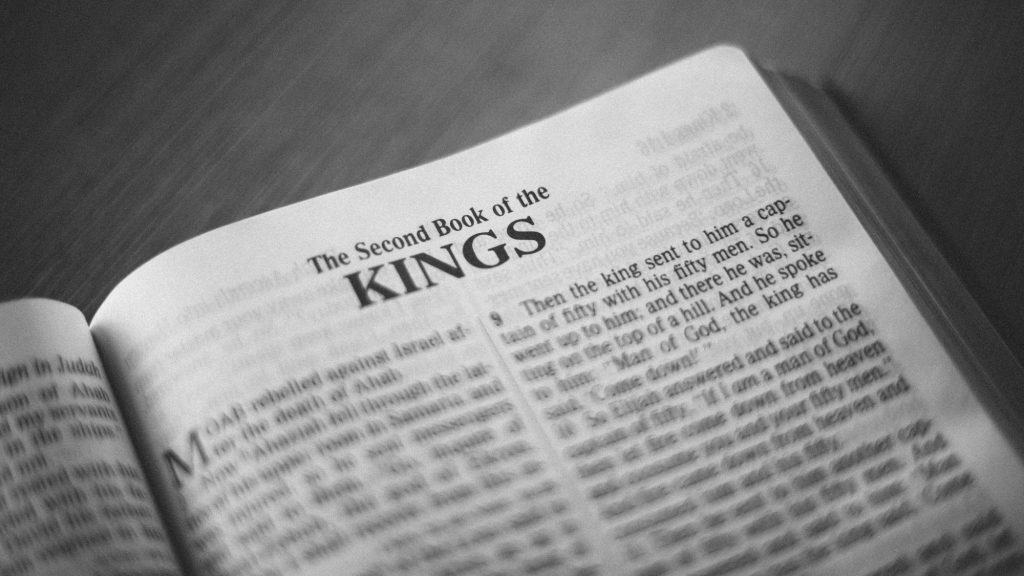
We’re in the home stretch in our look at Biblical revivals. This week, King Josiah leads Judah in their last revival. Babylonian captivity looms in the near future. Josiah’s three sons and a grandson will be the final kings. Knowing that, it seems strange to consider how revivals begin this late in the game. But it is King Josiah’s response to the truth in God’s word that prompts the reforms and revival that followed — repentance.
Josiah is a good king.
Josiah became king at age eight after his father’s assassination. After the moral and spiritual collapse under Manasseh and Amon, no one remembered the revival under Hezekiah or anything else the good king had done. Josiah began to seek God, the God of David, while still in his teens. As a young man, he worked to rid the nation of all traces of the idols worshipped by his father and grandfather. Then he began a temple restoration project and ensured the project was adequately funded.
Maybe we can see some similarities between our lives and Josiah’s. We aren’t royal, but maybe we started following Jesus early in life. Maybe we’ve worked hard to rid our lives of ungodly influences. Maybe we’re committed to the work of the church and give generously to it. That doesn’t mean we don’t need repentance and revival.
The Word of God prompts repentance.
Then the court secretary Shaphan told the king, “The priest Hilkiah has given me a book,” and Shaphan read it in the presence of the king. When the king heard the words of the book of the law, he tore his clothes.
2 Kings 22:10-11
Faced with the inescapable truth that he and the nation had fallen well short of God’s holy standard, the king tore his clothes in a sign of deep grief and repentance. Hebrews tells us about the power of God’s word:
For the word of God is living and active, sharper than any two-edged sword, piercing to the division of soul and of spirit, of joints and of marrow, and discerning the thoughts and intentions of the heart.
Hebrews 4:12
Consider your own response to the word of God. Is it just a collection of feel-good sayings? Has it been reduced to slogans for stickers and t-shirts? Or is it a brutally honest mirror, showing us who we really are? It should be. But that’s a very good thing. When we see who we are in all our ugly wretchedness, we see the full, glorious mercy, grace, and love of God through Jesus Christ.
Repentance leads to action.
Josiah was already taking actions that evidenced his devotion to God. After hearing the Law, his personal grief and repentance prompted even more action. He shared God’s Law with his entire kingdom, personally reading it to them. He led the nation to publicly recommit themselves to God. He removed every vestige of idol worship from the kingdom and required worship of the One True God.
Likewise, if our time in God’s word leads us to repentance, our actions must follow. We can’t go back to our routine. If changes like sharing the gospel, renewing our commitment to God, and removing distractions and enticements to sin from our lives aren’t the next step, maybe what we experienced was closer to regret or remorse rather than genuine repentance.
And genuine repentance can’t help but lead to revival.
We have two more revivals. Both occurred after the Jews returned to the land after seventy years of Babylonian captivity.





